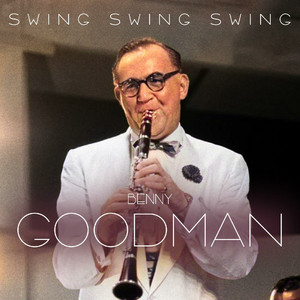A Timeless Classic
"These Foolish Things," performed by Benny Goodman, is a quintessential 1930s song that has captured the hearts of listeners for decades. Originally written by Eric Maschwitz and Jack Strachey, this track embodies the elegance and charm of the swing era, with Goodman's clarinet leading a smooth and enchanting melody.
Cultural Significance
During the 1930s, "These Foolish Things" emerged as a symbol of romantic nostalgia. Its evocative lyrics paint vivid pictures of love and longing, resonating deeply with audiences at a time when the world was transitioning from the Great Depression to a period of hope and recovery. Benny Goodman's interpretation added a layer of sophistication, reinforcing the cultural impact of this piece.
An Interesting Tidbit
One fascinating fact about this song is its international appeal; it was written by a British lyricist and composer but gained immense popularity in the United States, showcasing the global reach of music during that era. Goodman's version, with its impeccable swing arrangement, helped bridge cultural divides, making it a beloved classic worldwide.
Enduring Legacy
"These Foolish Things" has been covered by numerous artists, each adding their unique touch to the timeless melody. Notable cover versions include those by Ella Fitzgerald and Frank Sinatra, highlighting the song's versatility and enduring appeal. The track's ability to transcend generations speaks to its lasting relevance in the musical landscape.
Modern Resonance
Even today, "These Foolish Things" remains a staple in jazz collections, its romantic allure undiminished by time. Benny Goodman's rendition continues to be celebrated for its masterful execution and emotional depth, making it a must-listen for fans of the genre and newcomers alike.





Comments (0)